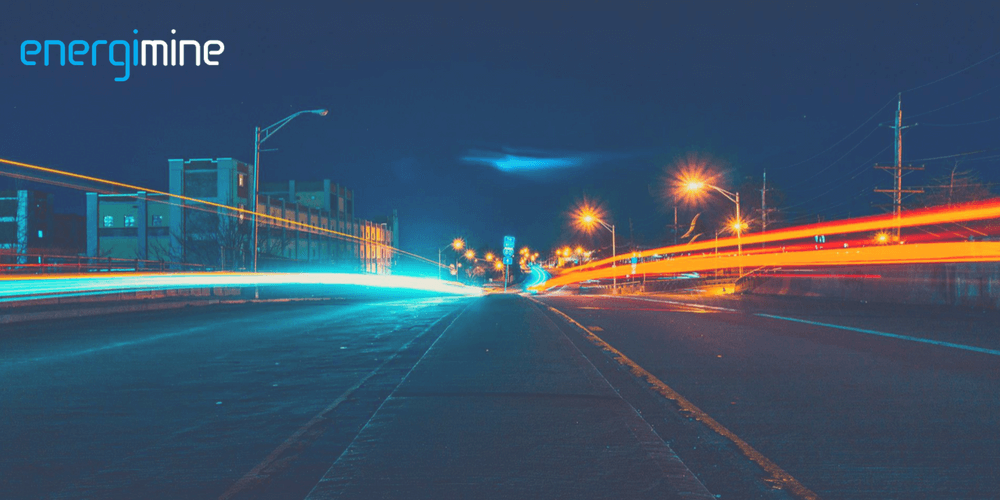
U.K. based Energi Mine has announced that it is working with the Energy Managers Association (EMA) and Network Rail to deliver a proof of concept trial designed to reduce energy consumption that rewards energy efficient behaviour.
Aimed at revolutionising the global energy market through decentralisation and the blockchain, Manchester-based Energi Mine’s ultimate goal is to cut down on global energy demand and carbon emissions. By partnering up with Energi Mine, the EMA – which works with 1,500 businesses, and many of them household names – is trialling its platform with Network Rail employees, which will see them financially rewarded for reducing their energy consumption.
By issuing its EnergiToken (ETK) the platform will reward Network Rail employees for taking low carbon transport to work, saving energy in the workplace, and buying energy-efficient appliances. It’s hoped that with financial incentives in play it will help to change people’s habits. The trial is expected to run for a minimum of three months.
Speaking to CoinJournal, Omar Rahim, CEO Energi Mine, said that they decided to partner with the EMA because its members are the energy managers of some of the largest companies and energy consumers in the U.K. that come from a plethora of different industries.
“We want to speak to the widest possible variety of sectors in order to achieve our goal of reducing energy consumption and encouraging energy efficient behaviour,” Rahim added. “Network Rail, which owns, operates, and develops Britain’s railway are one of the biggest users of the EMA, and an ideal company with which to trial our energy-saving incentives platform.”
Speaking of the partnership Wendi Wheeler, chair of the EMA and Energy & Carbon Strategy Manager at Network Rail, said that unlocking the potential to realise energy savings, and sustaining those savings, is often something that companies struggle to achieve.
“This is an interesting innovation in the employee engagement arena, and I’m keen to see how it can benefit EMA members – and indeed Network Rail – as trials are developed,” she said.
Before Network Rail employees receive their ETK tokens they will have to first upload evidence of their energy-saving behaviour. Via AI and blockchain technology Energi Mine will plug into existing data feeds such as smart meters or transport software to verify that the energy saving behaviour has taken place.
Rewards are then distributed automatically through a smart contract. This means, says Rahim, that when certain triggers are hit, for instance a 10 percent reduction in energy usage at the meter, Energi Mine’s software will automatically deploy ETK into the digital wallets of employees. They will then be able to view their tokens through the app, which can be used to pay for electricity bills or to cash them out into fiat.
Lord Redesdale, CEO of the EMA, said that reducing energy in businesses relies on engaging employees, and believes that the ETK reward scheme will help to change people’s behaviours at work.
“The EMA has expertise in behaviour change training and from programs we have run, we estimate companies can save an impressive 40 percent of their energy through changing the way their employees use energy,” he added speaking to CoinJournal. “The use of tokens will mean that employees can be incentivized to keep saving energy.”
The trial is aiming to validate the energy saving potential through the use of tokens and through financial incentives, said Redesdale. Data from the trial will also be shared with EMA energy managers, which in turn, may help in the roll out to the wider EMA membership.
“Until now there has been no incentive to save energy,” said Rahim. “Ultimately we want to change the behaviour of individuals for the long term, to help firms reduce energy consumption and ultimately help the environment by reducing the global carbon footprint.”

